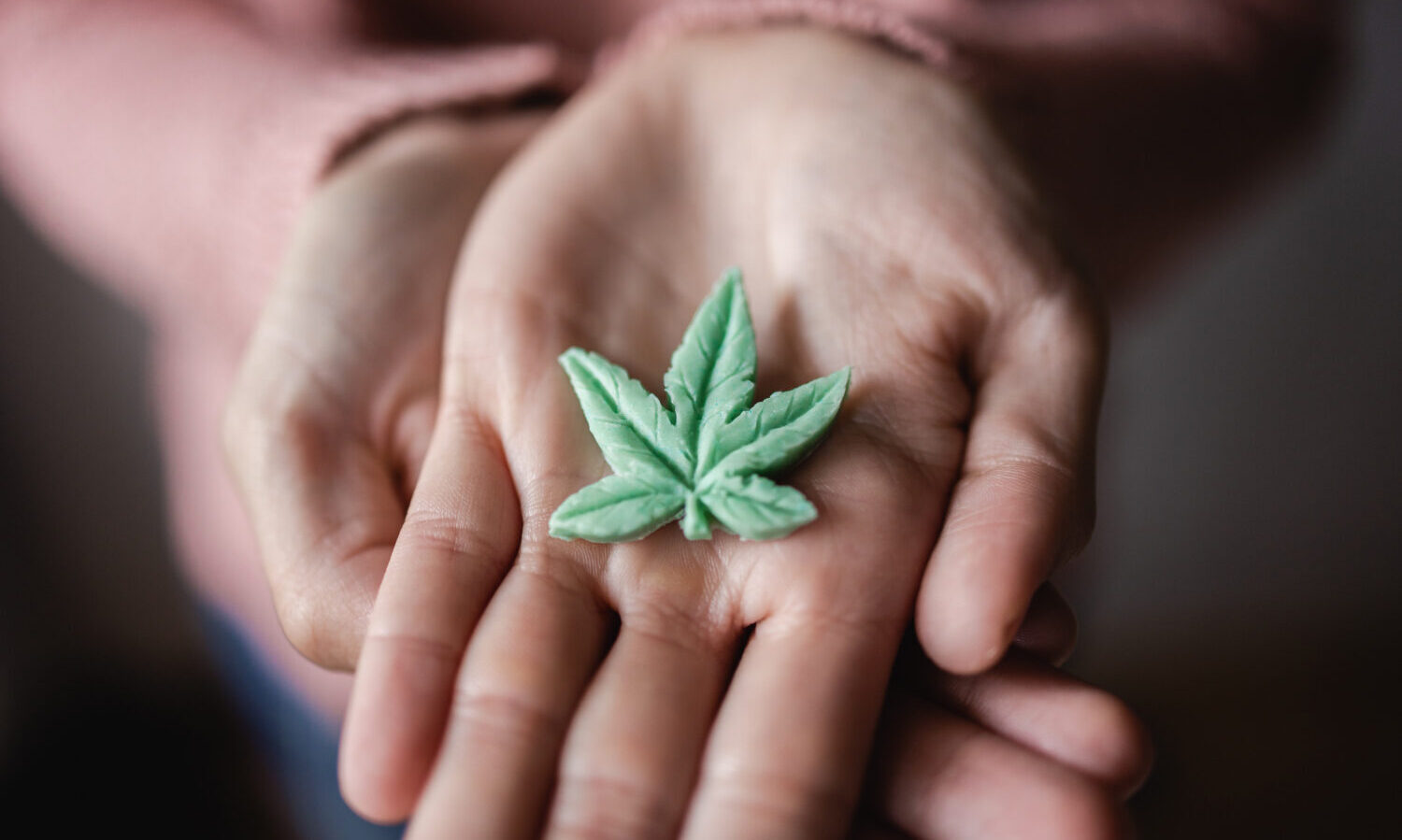Will Texas go the way of Florida with the marijuana of the public wants some form of legal marijuana and the Governor doing all he can to stop it?
While cannabis awaits its future under the new administration, the public increasingly wants legal access to marijuana. Increasing seen as a respected medical aide, the pubic is embracing the green plant, and are increasingly open to fully legalized weed. Now Texas citizens want legalized cannabis but, will they go the way of Florida and have the governor stop the efforts? Florida’s Governor Ron DeSantis used the full force available to him to try to stop the movement. But the Sunshine State public won medical marijuana and will gain full recreational at some point. Now Lone Star state Governor Greg Abbott, could be in for a similar battle.
RELATED: Veterans With PTSD Are Given A Little Hope
Recent surveys conducted by the University of
Houston’s Hobby School of Public Affairs have revealed a significant shift in public opinion regarding marijuana legalization in Texas. The data indicates that a substantial majority of Texans support easing restrictions on marijuana use, whether for medical or recreational purposes. This trend reflects a broader national movement toward more permissive cannabis policies. Legalizing marijuana could have significant economic benefits for Texas, as seen in neighboring states like New Mexico, where dispensaries near the Texas border capitalize on the state’s restrictive laws
1. Moreover, easing marijuana laws could reduce criminal justice costs and align Texas with the growing national trend toward more liberal cannabis policies.

he most recent survey, released in February 2025, shows that nearly four out of five Texans (79%) support establishing a full-fledged medical cannabis program. This level of support is consistent across various demographic groups, with every socio-demographic subgroup favoring reform. The strong backing for medical marijuana is likely driven by its perceived health benefits and the desire to provide relief to patients with qualifying conditions. Currently, Texas’s Compassionate Use Program is highly restrictive, allowing only low-THC cannabis for a limited number of conditions.
In addition to medical marijuana, there is significant support for decriminalizing cannabis possession. About 69% of Texans endorse legislation to decriminalize marijuana for those 21 years and older, which would reduce penalties for possession to fines rather than criminal charges. Furthermore, 62% of Texans support legalizing a commercial marketplace for adult-use cannabis sales, indicating a growing acceptance of recreational use.
The support for marijuana legalization crosses political lines, with a majority of Democrats and a significant portion of Republicans backing these reforms. While Democrats are more likely to support full legalization, Republicans also show substantial support, particularly for medical use. Nonreligious Texans and those with lower incomes or without college degrees are more likely to favor decriminalization and legalization.
Despite the strong public support, Texas lawmakers have been slow to act on these issues. The state’s legislative structure, which meets only in odd-numbered years, limits opportunities for reform. Additionally, Texas does not allow statewide citizen-initiated ballot measures, placing the onus on elected officials to drive change. Recent efforts by Lieutenant Governor Dan Patrick to ban THC products further complicate the path to legalization. So it will be the Governor to determine the ultimate path forward.

 Cannabis News2 years ago
Cannabis News2 years ago
 One-Hit Wonders2 years ago
One-Hit Wonders2 years ago
 Cannabis 1012 years ago
Cannabis 1012 years ago
 drug testing1 year ago
drug testing1 year ago
 Education2 years ago
Education2 years ago
 Cannabis2 years ago
Cannabis2 years ago
 Marijuana Business Daily2 years ago
Marijuana Business Daily2 years ago
 California2 years ago
California2 years ago





























